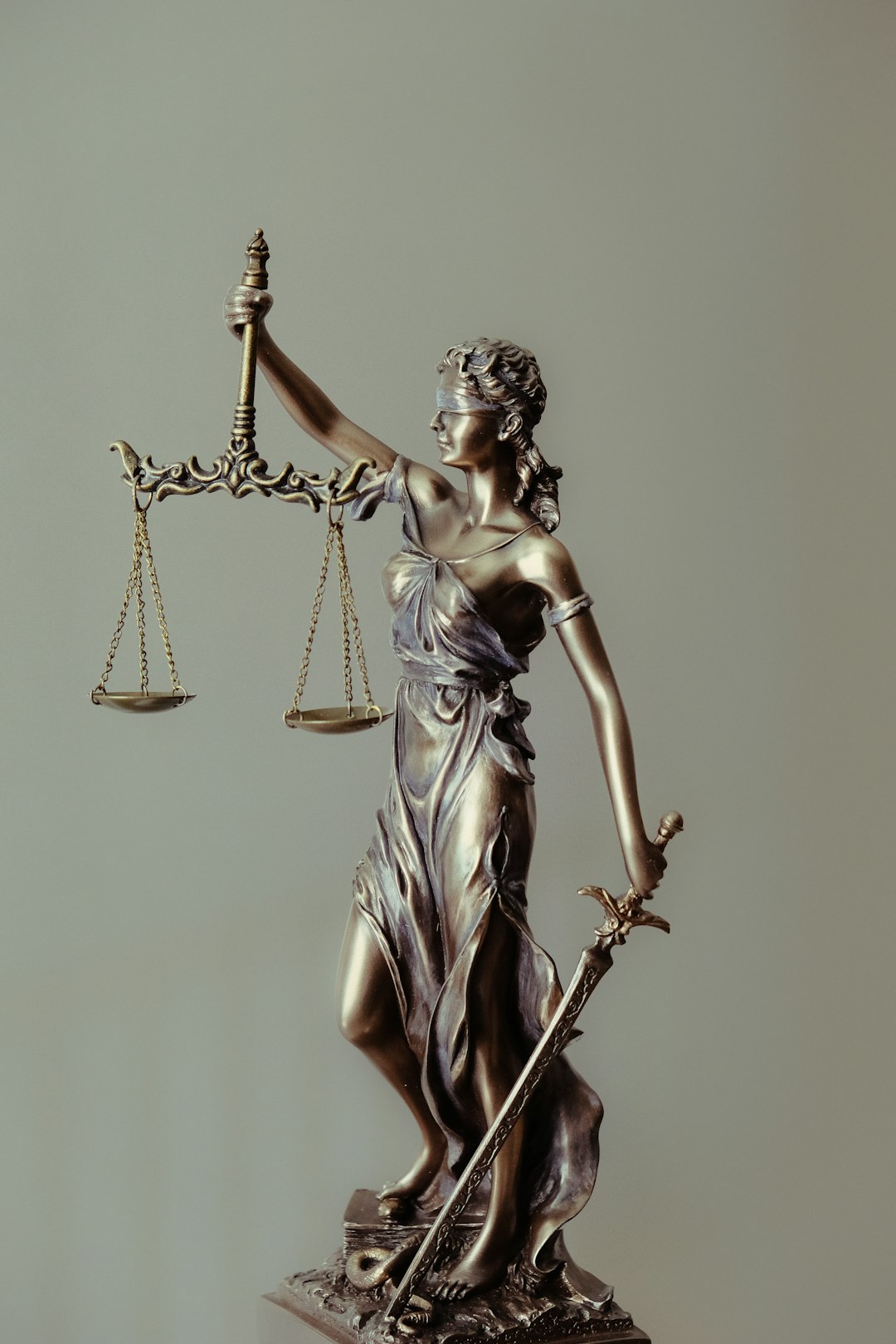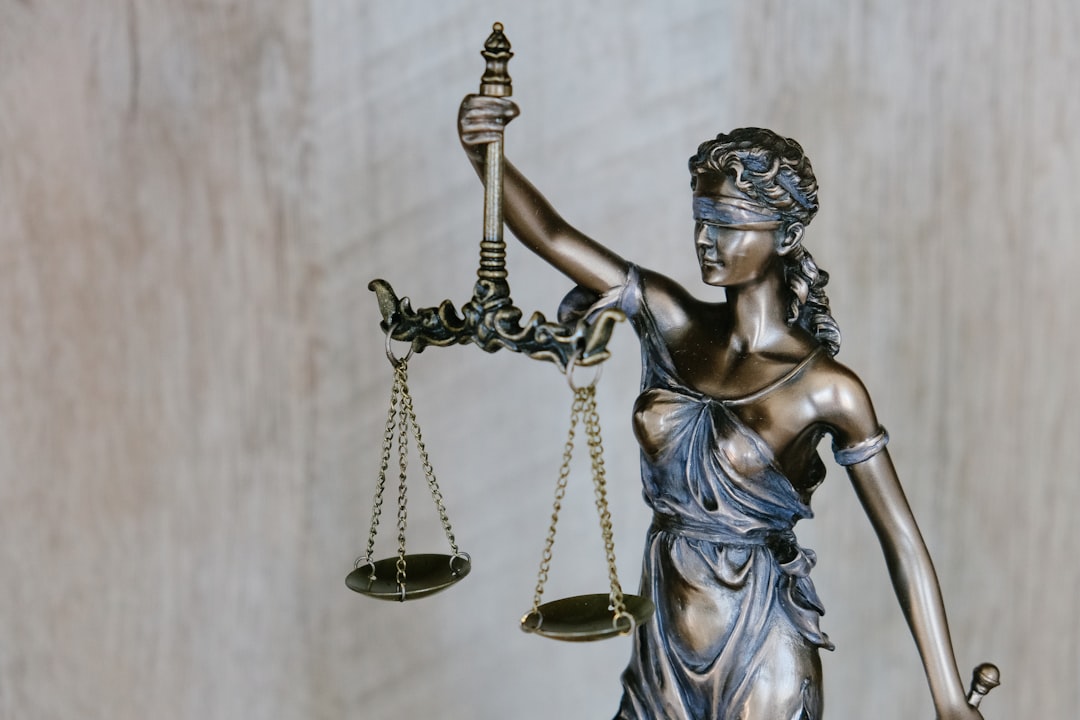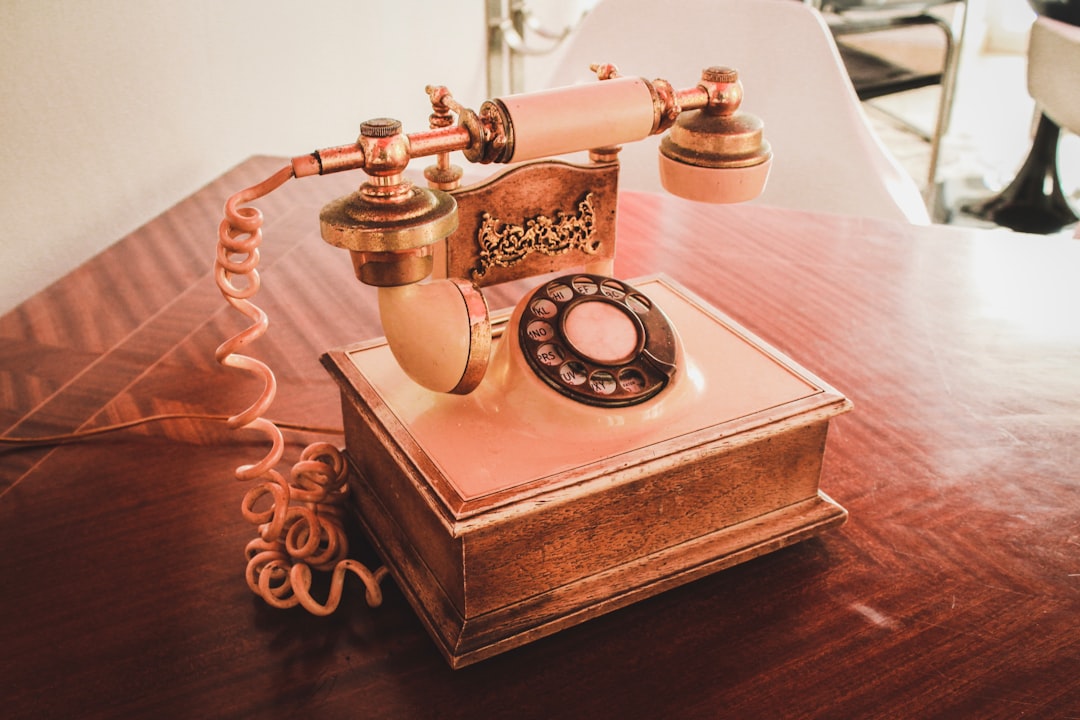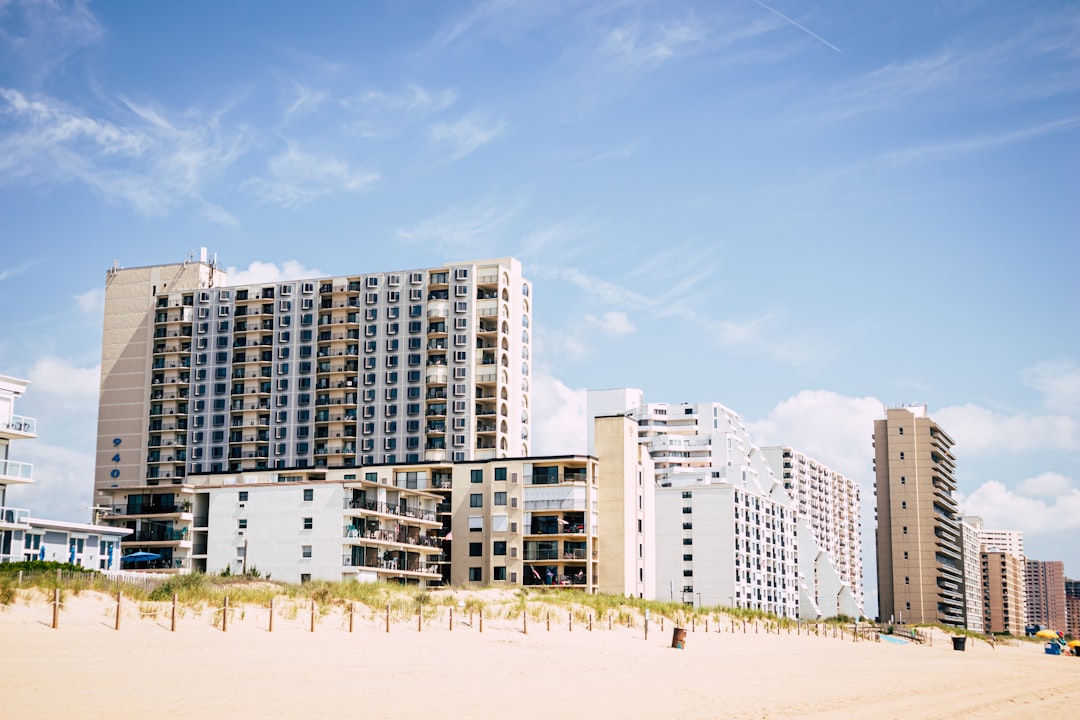Maryland's No Call Laws protect residents from robocalls by allowing them to register on the state's "Do Not Call" list. Advanced caller ID systems and data analysis track and identify automated callers. Smartphone apps like TrueCall and Hush offer additional blocking and scam alerts. Consumers can report nuisance calls to the Maryland Public Service Commission (MPSC) for enhanced protection, alongside national Do Not Call registry enrollment.
Tired of unwanted robocalls on your smartphone? Learn how to reclaim control with this comprehensive guide. This article navigates the issue of automated calls, specifically targeting Easton, Maryland residents. We explore Maryland’s stringent No Call Laws and offer practical steps to identify and block these intrusive calls. From enrolling in the state’s Do Not Call List to utilizing dedicated apps, discover effective strategies to protect your privacy. Additionally, we guide you through reporting robocalls, ensuring a quieter, more peaceful communication experience.
Understanding Robocalls and Maryland's No Call Laws

Robocalls, or automated telephone marketing calls, have become a ubiquitous and often unwanted part of daily life for many Americans. These pre-recorded messages are designed to reach a wide audience quickly, but they can be frustrating and intrusive for recipients. In Maryland, including the city of Easton, residents enjoy protections offered by the state’s No Call Laws, which aim to curb excessive and unsolicited phone marketing.
Under these laws, Maryland consumers have the right to register their phone numbers on the state’s “Do Not Call” list, significantly reducing the volume of robocalls they receive. The No Call Laws also restrict businesses from making automated calls to individuals who are on the list. This measure is a powerful tool for residents to reclaim control over their communication and personal time, ensuring that marketing efforts are more personalized and less disruptive.
Identifying and Tracking Robocallers in Easton

In Easton, Maryland, as across the state, No Call Laws aim to protect residents from unwanted phone calls, especially those from robocallers. Tracking and identifying these automated callers is a crucial step in understanding the frequency and sources of such intrusions. Many robocalls originate from call centers located both domestically and abroad, making it challenging to pinpoint exact locations. However, advanced caller ID systems now exist that can cross-reference incoming calls against known spam databases, helping to identify suspicious numbers.
Local and state authorities, together with consumer protection organizations, are working to keep up with evolving robocall techniques. By analyzing call patterns, content, and geographical data, they can detect trends and target specific areas or call centers responsible for widespread robocalling campaigns. Staying informed about these efforts is vital for Easton residents seeking to protect their privacy under Maryland’s No Call Laws.
Enrollment in Maryland's Do Not Call List

In an effort to combat unwanted robocalls, Maryland offers a robust Do Not Call List program that residents in Easton and across the state can enroll in. This simple step is a powerful tool against intrusive automated calls, as it’s backed by No Call Laws designed to protect consumers from relentless marketing calls. By registering your number, you’re signaling to call centers that you don’t consent to telemarketing messages, reducing the likelihood of receiving robocalls.
The process is straightforward; residents can register online or over the phone with the Maryland Public Service Commission (PSC). Once enrolled, your number will be added to the state’s database, blocking most automated calls. This measure not only saves you from nuisance calls but also helps protect personal information and reduces potential risks associated with unknown numbers.
Using Smartphone Apps for Additional Protection

Smartphone apps offer an additional layer of protection against robocalls, which can be especially useful in Maryland, where No Call Laws are in place to prevent unwanted calls. Apps like “TrueCall” or “Hush” can help identify and block unknown callers by utilizing community-driven data and advanced algorithms. These applications not only filter out spam calls but also provide real-time alerts about potential scams, ensuring a safer digital experience.
By downloading such apps, Easton, Maryland, residents can take advantage of enhanced privacy features that allow them to customize blocking settings according to their preferences. This proactive approach complements the state’s No Call Laws by giving users more control over their communication and safeguarding them from persistent or fraudulent robocalls.
Reporting Robocalls: Steps to Take in Maryland

In Maryland, there are strict No Call Laws in place to protect residents from unwanted robocalls. If you receive a robocall, take note of the caller’s information and report it to the Maryland Public Service Commission (MPSC). This can be done through their official website or by contacting their consumer protection division directly. Additionally, many smartphone carriers offer built-in call blocking features and robust do-not-call registries that help filter out robocalls automatically.
To ensure maximum protection, consider registering your number with the national Do Not Call registry. This federal list restricts telemarketers from calling numbers listed on it. In Maryland, you can also utilize state-specific resources provided by the MPSC, which offer further steps to block and report robocalls effectively, ensuring a quieter and safer communication environment.






